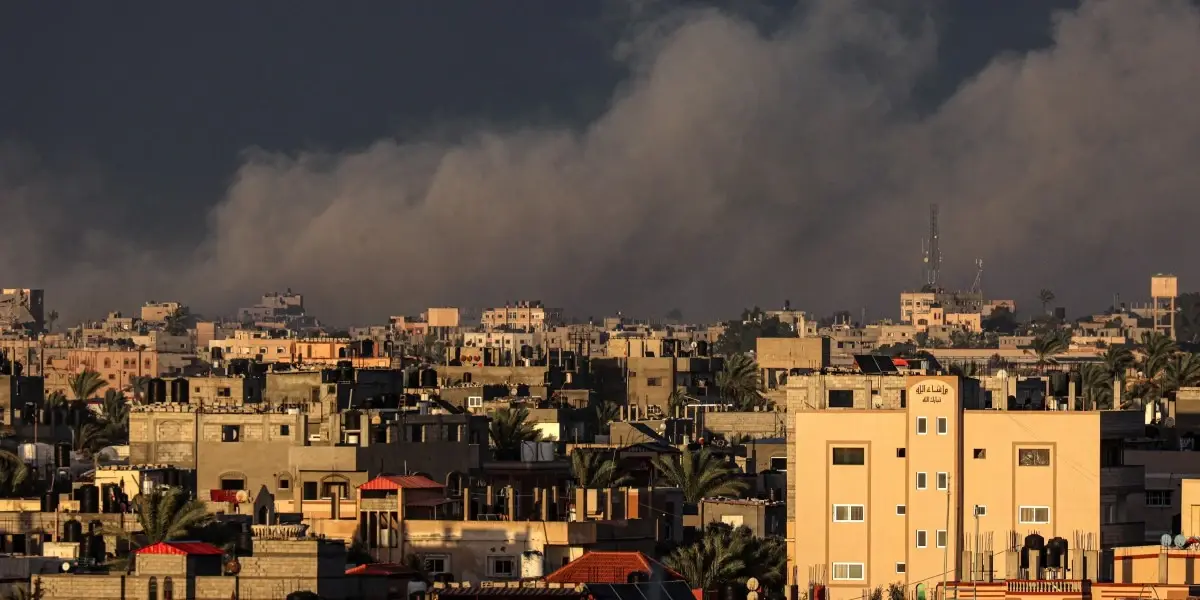- cross-posted to:
- [email protected]
- [email protected]
- cross-posted to:
- [email protected]
- [email protected]
Well thoredicaly this is good, in that sending forces with no ties or modive to help eliminate anyone but actual Hamas and who indeed actually have incentive to call out warcrimes, some small team of analysts who are used to the idea that the military might actually want to kill thouse targes and just thouse targets is probably not going to have enough data on Israeli actions to meaningfully act as a check on their actions.
This is why the best way to do actual peacekeeping missions to have a large group of nations working together at all levels, and not just a handful of office workers off in some building in Jerusalem. Of course, if Israel had done that, it would be a lot harder to clear new farmland in what used to be a city.
🤖 I’m a bot that provides automatic summaries for articles:
Click here to see the summary
A document obtained through the Freedom of Information Act suggests that the U.S. Air Force sent officers specializing in this exact form of intelligence to Israel in late November.
“I’ve directed my team to share intelligence and deploy additional experts from across the United States government to consult with and advise the Israeli counterparts on hostage recovery efforts,” said President Joe Biden three days after the Hamas attack.
Targeting intelligence refers to the identification and characterization of enemy activities including missile and artillery launches, location of leadership and command and control centers, and key facilities.
This ban has been interpreted to include wartime targeting of civilians, according to a recent Foreign Affairs article by Brian Finucane, a former legal adviser for the State Department who now works for Crisis Group.
“For air advisory missions, which I imagine involve intelligence sharing and training, specific domestic legal restrictions such as the Leahy law and the assassination ban would likely come into play,” McBrien said.
Past administrations have also provided detailed public information about U.S. targeting support for the Saudi and Emirati military campaigns in Yemen, which U.S. officials claim was meant to reduce civilian casualties.
Saved 84% of original text.




